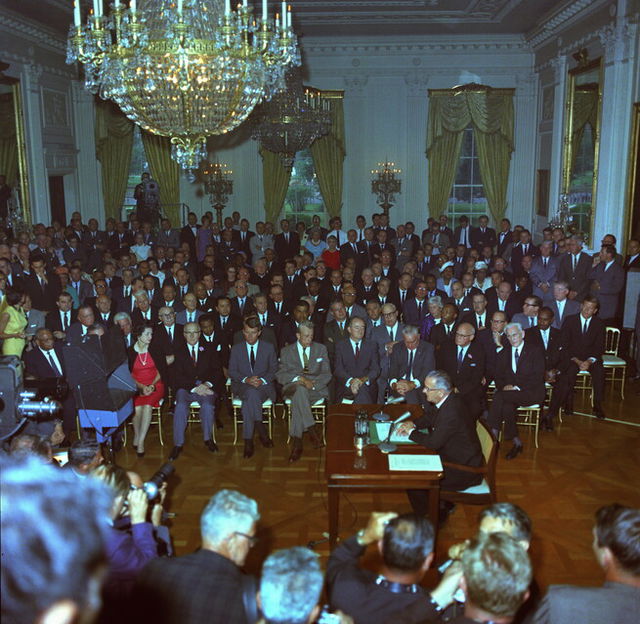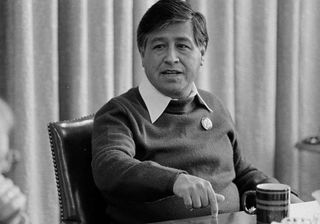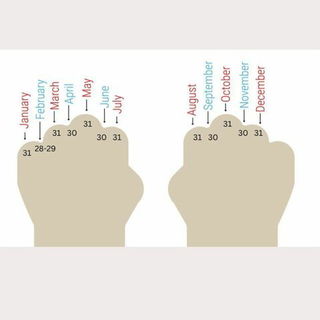- Calendar
- Calendar 2026
- July
- Civil Rights Act
Civil Rights Act
On July 2, 1964, President Lyndon B. Johnson signed the Civil Rights Act of 1964, a transformative law that outlawed discrimination based on race, color, religion, sex, or national origin. This historic legislation, a cornerstone of the Civil Rights Movement, ended segregation in public places, prohibited employment discrimination, and laid the foundation for greater equality in the United States.
Although July 2 is not a public holiday, the Act remains one of the most significant laws in American history.

Key Provisions of Civil Rights Act
The Civil Rights Act of 1964 includes several titles that address various forms of discrimination and inequality. Below are the most impactful provisions:
- Title I: Banned unequal application of voter registration requirements, addressing discriminatory practices like literacy tests.
- Title II: Outlawed segregation in public accommodations, such as hotels, restaurants, theaters, parks, and courthouses, ensuring equal access for all.
- Title III: Prohibited state and local governments from denying access to public facilities based on race, color, religion, or national origin.
- Title IV: Promoted the desegregation of public schools, empowering federal enforcement to integrate education systems.
- Title VI: Barred discrimination in programs receiving federal funding, impacting schools, hospitals, and other institutions.
- Title VII: Prohibited employment discrimination based on race, color, religion, sex, or national origin. This applies to employers with 15 or more employees and covers hiring, firing, promotions, and workplace conditions. In 2020, the Supreme Court’s Bostock v. Clayton County decision expanded Title VII to include protections for LGBTQ employees.
The Act also established the Equal Employment Opportunity Commission (EEOC), which enforces Title VII and allows workers to file lawsuits against discriminatory employers.
Civil Rights Act History
During the Reconstruction Era (1861- 1900), the United States government passed laws against discrimination based on race, namely the abolishment of slavery, making former slaves citizens, and allowing men of any race to vote. However, in many states, such as Southern states, measures were carried out to prevent African American citizens from voting and being employed. Here, strict segregation laws known as "Jim Crow Law" were established.
In 1957 the Justice Department set up a civil rights section and a Commission on Civil Rights. Its purpose was to look into discriminatory conditions. During the spring of 1963, the Civil Rights Movement set up many demonstrations, one of which ended with police brutality against the black demonstrators in Birmingham, Alabama. In its aftermath, President JFK moved into action. He proposed the Civil Rights Act during his Report to the American People on Civil Rights, a television address to the country on June 11, 1963.
Kennedy's proposed legislation aimed at giving all citizens the right to frequent any public facilities, and giving disenfranchised Americans the right to vote. However, the Civil Rights Movement wanted the Civil Rights Act to offer more protection against police brutality, and an end to employment discrimination. When Kennedy proposed the bill to the House of Representatives, he was met with strong opposition from Southern congressmen. They argued that the law was against local customs.
John F. Kennedy was assassinated on November 22, 1963, and succeeded by President Lyndon B. Johnson. One of Johnson's first stances as a president was to support Kennedy's Civil Rights Act cause. He was also met with hostile opposition from segregation supporters, including a 75-day filibuster in the U.S. Senate.
After the long filibuster was broken, and after gaining the needed support of two-thirds of the Senate, a vote was made. As a result, the bill won with 73-27 of Senators voting in favor of the Civil Rights Act. President Lyndon B. Johnson then signed and passed the Civil Rights Act of 1964.
Civil Rights Act Aftermath
The Civil Rights Act gave rise to two other very important laws: the Fair Housing Act and the Voting Rights Act. The former barred landlords from discriminating when selling or renting a property. It also banned discrimination from banks when offering housing financing.
The Voting Rights Act, on the other hand, put a stop to discriminatory voting practices such as literacy tests. Martin Luther King Jr. called the Civil Rights Act of 1964 the "second emancipation".
By 1970, over 30% of Black students in the South attended integrated schools, up from just 2% before the Act, according to U.S. Department of Education data.
You might like to read these articles next:

Other Celebrations
-
Mar 15 Sat
-
May 20 Tue
-
Aug 14 ThuSocial Security Act
-
Dec 10 Wed
-
Dec 15 Mon
-
Jan 19 MonCivil Rights Day

Civil Rights Act - Next years
Friday, 02 July 2027
Sunday, 02 July 2028
Monday, 02 July 2029
2025 Calendars
You might also be interested in











